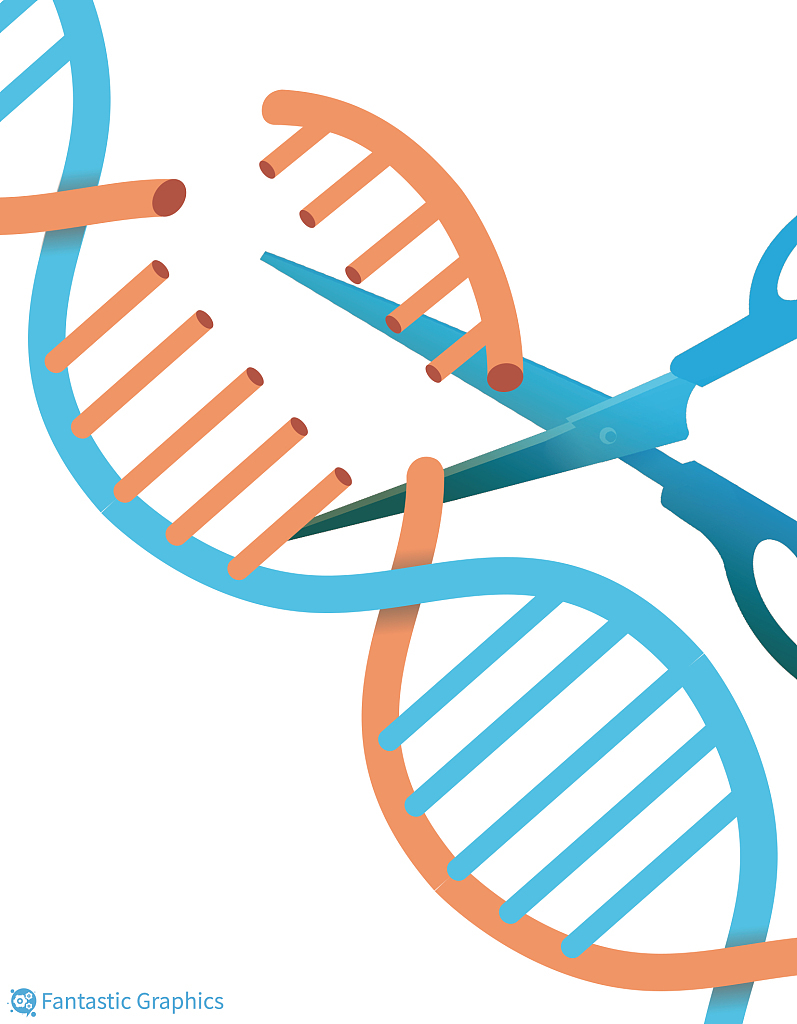Top 10 international science stories of 2020
- By Wang Yiming
 0 Comment(s)
0 Comment(s) Print
Print E-mail China.org.cn, January 20, 2021
E-mail China.org.cn, January 20, 2021
# CRISPR successfully fixes cell defects in two blood disorders

The gene-editing tool CRISPR scored its first success in clinical trials by treating two inherited blood diseases.
Beta thalassaemia and sickle cell disease are conditions caused by mutations that affect hemoglobin, the protein that carries oxygen in red blood cells.
Two people with beta thalassaemia and one with sickle cell disease no longer require blood transfusions — which are normally used to treat severe forms of these inherited diseases — after their bone marrow stem cells were gene-edited with CRISPR.
The patients, after been treated for 17 months, are now making plentiful fetal hemoglobin, and have not experienced the painful attacks that used to strike every few months, according to reports by CRISPR Therapeutics and Vertex Pharmaceuticals in December.
Go to Forum >>0 Comment(s)
ef17d7d0-6583-4a77-b923-a8c8a085c76f.jpg)





